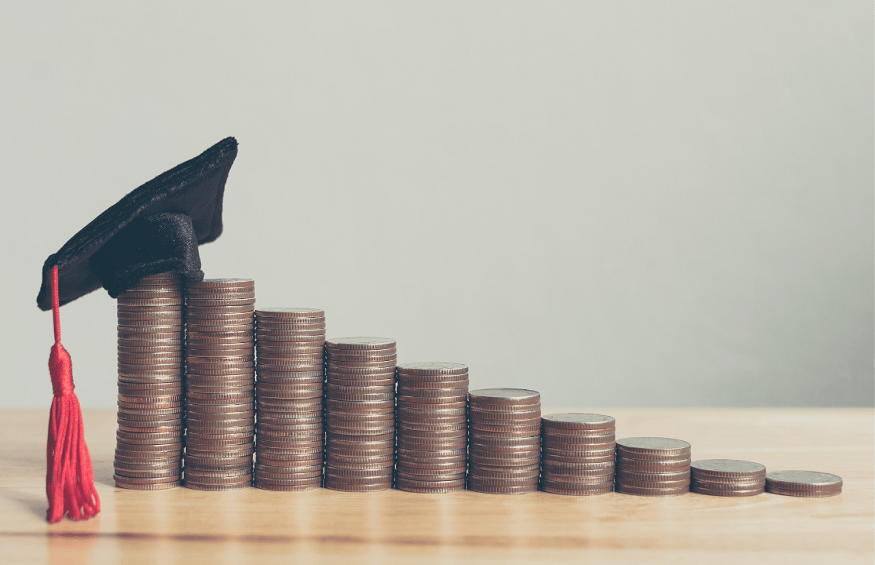What You Should Know Before You Apply For Student Loan
Since many people cannot afford to cover the entire expense of college out of pocket, student loans help make going to college more feasible for many people.
However, if you’re a first-year student and have never had to deal with student loans before, it can be frightening to think about them. The fact that student loans are not free money is among the most crucial things to understand. At some point, the remaining sum must be paid in full. Your payments are spread out over a predetermined period in smaller monthly sums.
Your monthly payment also consists of two components: principle and interest. The entire amount you borrowed and committed to repay is the principle. The cost of borrowing that amount is the interest, typically calculated as a percentage.
Here’s valuable information you need to know before applying for medical student loans.
You can choose between federal loans and private loans
Money borrowed from the federal government is known as a federal student loan. On the other hand, a private student loan is cash you borrow from a private organization, like a bank or credit union.
Payments on federal student loans aren’t required until you graduate or reach the school’s definition of less than half-time enrollment, whichever comes first. While some private lenders may permit students to defer payments while still enrolled, you must double-verify with your specific lender. Private student loans, however, often have urgent repayment requirements even though you may still be in school.
Additionally, federal student loans do not require a credit check, unlike private student loans which frequently demand both a co-signer and/or a credit check. In addition, federal student loans come with additional protections that private student loans do not.
Borrow only what you need and can repay
The maximum amount of federal student loans that independent undergraduate students may borrow is $57,500, while the maximum amount for dependent undergraduate students is $31,000. Borrowers of private loans are only required to repay financial aid that is less than the total cost of attendance, which includes tuition, fees, room and board, books, transportation, and personal expenditures.
However, you are not required to borrow the maximum. One general guideline is to borrow as much as will maintain your monthly student loan payments at about 10% of your anticipated after-tax income.
To estimate your expected wages, use the Occupation Outlook Handbook published by the U.S. Department of Labor. Then, enter those wages into an affordability calculator for student loans to understand your monthly payments.
You’ll pay interest or fees on the loan.
Whether you take out federal or private loans, interest will increase your debt beyond what you originally borrowed. When repayment starts, the total amount you owe will be increased by the daily interest on your loan. The 4.99% fixed interest rate for federal undergraduate loans is subject to annual revision. Your rate will be determined by the credit history of either you or your co-signer.
Federal loans also have a loan fee that is deducted from the total loan amount in addition to interest. The current loan fee for undergraduate federal direct student loans is 1.057%.
You can only use the loan for specific purposes.
You may only use the loan for costs associated with your education, even if you receive it directly. You cannot use your loan to pay for entertainment, takeaway, or vacations. Still, you may use it to pay for off-campus housing, groceries, transportation, study abroad expenses, and personal items.
After graduating, you may have a grace period before you begin making payments.
You have time during the grace period to prepare financially before making payments. Ensure your student loan servicer is set up properly and has your current contact information. Additionally, confirm your debt amount so that you can choose the appropriate payback plan for you. The grace period would be an excellent time to contact your loan servicer and ask about plan changes if you want to modify your repayment strategy.
And although though you are not required to make payments during the grace period, if your finances are in order, it could be a smart idea to start paying down your debt. Remember that interest on subsidized student loans doesn’t build up until the grace period has passed. Before interest accruing, you can reduce the principal balance owed if you begin making payments during the grace period. This implies that you may be able to pay off your debt more quickly, which saves you money by requiring fewer interest payments overall.


Leave a Reply